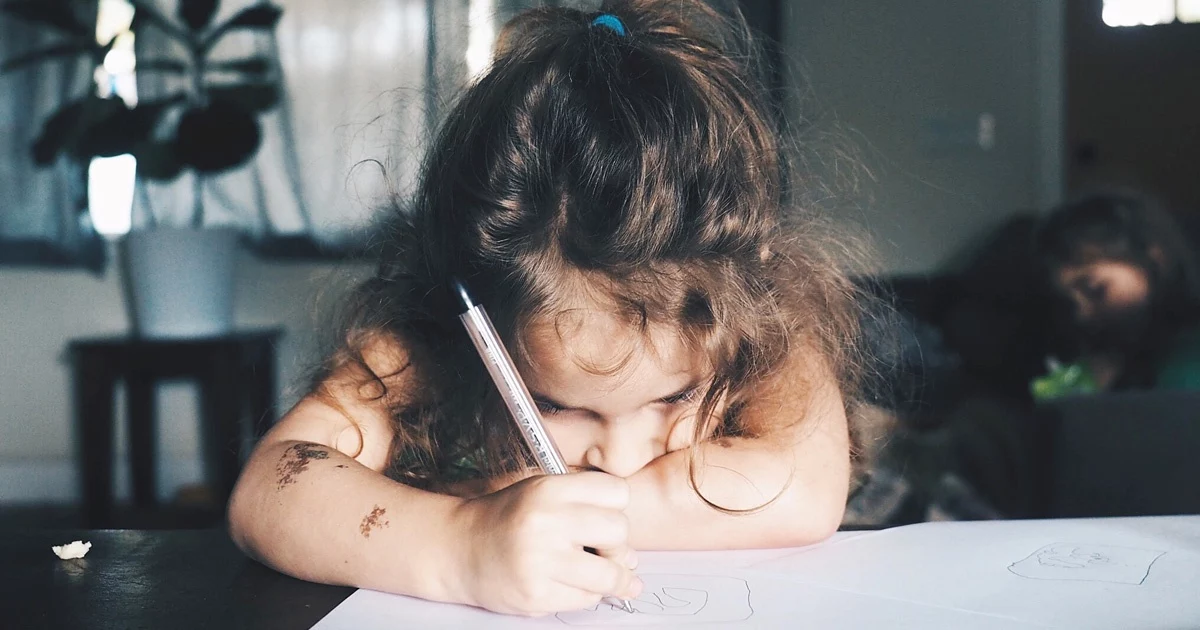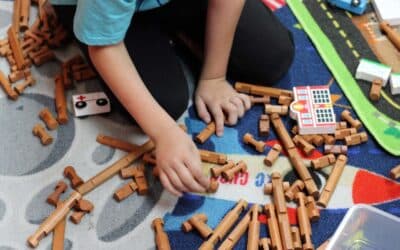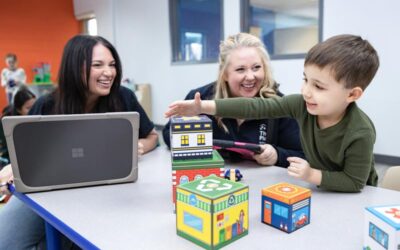Here at The Place for Children with Autism, we’re dedicated to the benefits that Applied Behavior Analysis (ABA) therapy provides to our families. ABA therapy is a research-based therapy grounded on the science of learning. With over 30 years of research behind it, ABA is extremely effective in decreasing challenging behavior and increasing communication, socialization, and independent living skills.
While those things are all important, it’s nice to know how these might practically benefit your child’s day to day life. With the tools that ABA presents, how can it create opportunities for you and your child? In this post, we’ll discuss the academic benefits of ABA therapy.
Behavior
Many children on the spectrum struggle with behavioral tendencies that may get in the way of their ability to learn in a traditional classroom. ABA therapy can target the root of those behaviors. As such, it functions as an excellent supplement to your child’s academic program. Paired with plenty of at-home practice, ABA therapy can serve as a tool to elevate productive and positive behavior in your child’s daily life. Transparency is key in helping our Registered Behavior Technicians (RBTs) and Board Certified Behavior Analysts (BCBAs) in working on the behaviors that pose challenges in and out of the classroom.
Interested in ABA therapy for your child? Request a free enrollment info kit:
Reinforcement Strategies
One of the most influential methods involved in ABA therapy is positive reinforcement. Positive reinforcement is a fundamental aspect of ABA as it drives the results and skills most beneficial to your child’s success. If your child is already receiving ABA therapy, one of the best ways to build on it is to use effective reinforcement strategies at home and in the classroom.
As ABA uncovers some of the best ways to reinforce positive behavior, parents and teachers can use these strategies as a tool to increase productivity at school and when working on school work at home. Some of the effective reinforcers for academic success might include:
- Verbal Praise
- Special treats or favorite foods
- Recreational/free time
- Specific activities like recess, going to the park, etc.
If used properly, positive reinforcers can help aid your child’s academic performance by supporting all of the positive and productive behaviors associated to school.
Focus, Motivation, and Socialization
Going hand-in-hand with productive behavior, ABA therapy provides a structured environment other than school to work on honing your child’s ability to focus on the things that matter the most for their success. In a center-based environment, your child will have the opportunity to experience an individualized treatment plan that teaches them focus and motivation. The center-based approach also lends itself to socialization between all the children in the community.
This is an important part of The Place’s ABA therapy approach as it lets children practice their social communication in a judgment-free space to hopefully build their confidence in social interactions at home and in school. Building on those social skills can motivate your child to be at school and interact with their peers. That social confidence will contribute greatly to your child’s motivation and ability to perform at school.
For more ABA and autism-related news and tips visit our blog and follow us on Facebook, Instagram, YouTube, and Twitter! If you have questions regarding ABA therapy services or you’re interested in visiting one of our locations, don’t hesitate to reach out to us on our contact page. We’re always here to answer your questions and support your family’s needs as best as we can.



